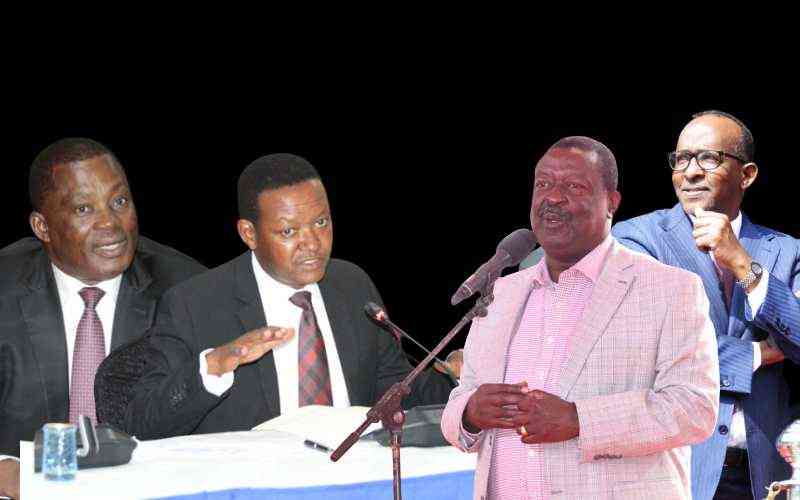
Like most Kenyans, I watched the vetting of Cabinet Secretary nominees with great interest. We couldn't avoid the sessions, could we? The president runs the country through the Cabinet. And so we were watching the drivers and implementers of policy, specifically the Hustler Nation Policy. Those men and women will by and large determine whether President William Ruto will be a one-term president or not. Those who held their breath expecting fireworks, not an exercise that entrenches patronage, will be excused for feeling disappointed.
The MPs, for all I care, lack the expertise to test whether the nominees possess the skills that fit the roles they were nominated to. And you could tell that from their run-of-the-mill questions. Mainstream media gleefully went for the sensational - their net worth and the (proven or unproven) past sins of the nominees. Nothing revelatory from the underworld.